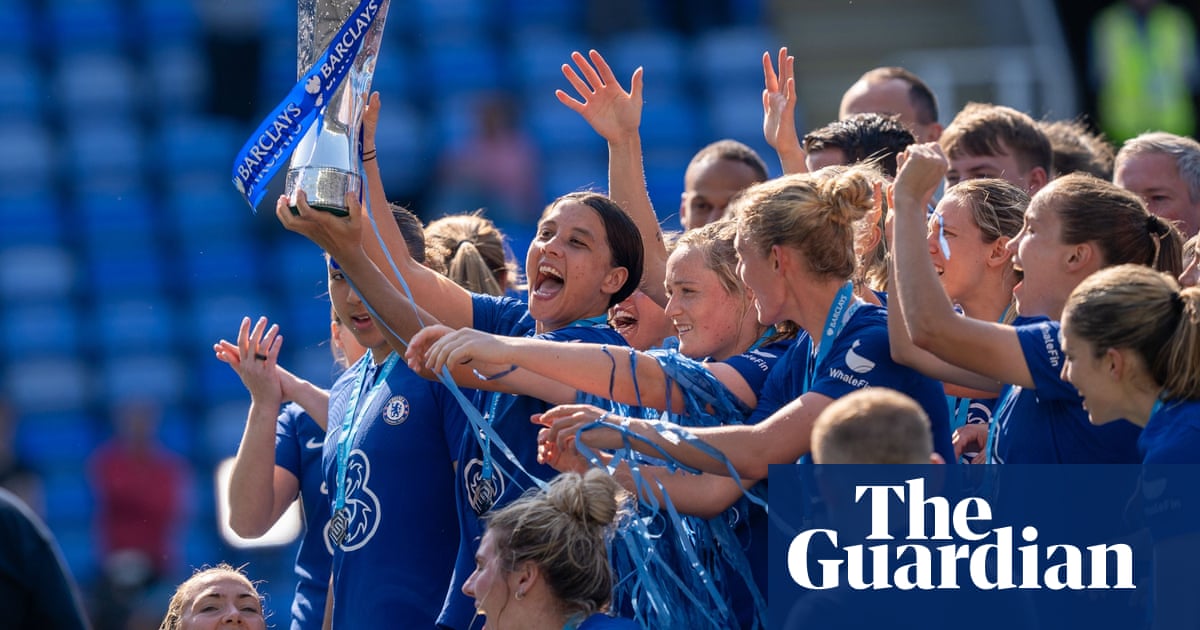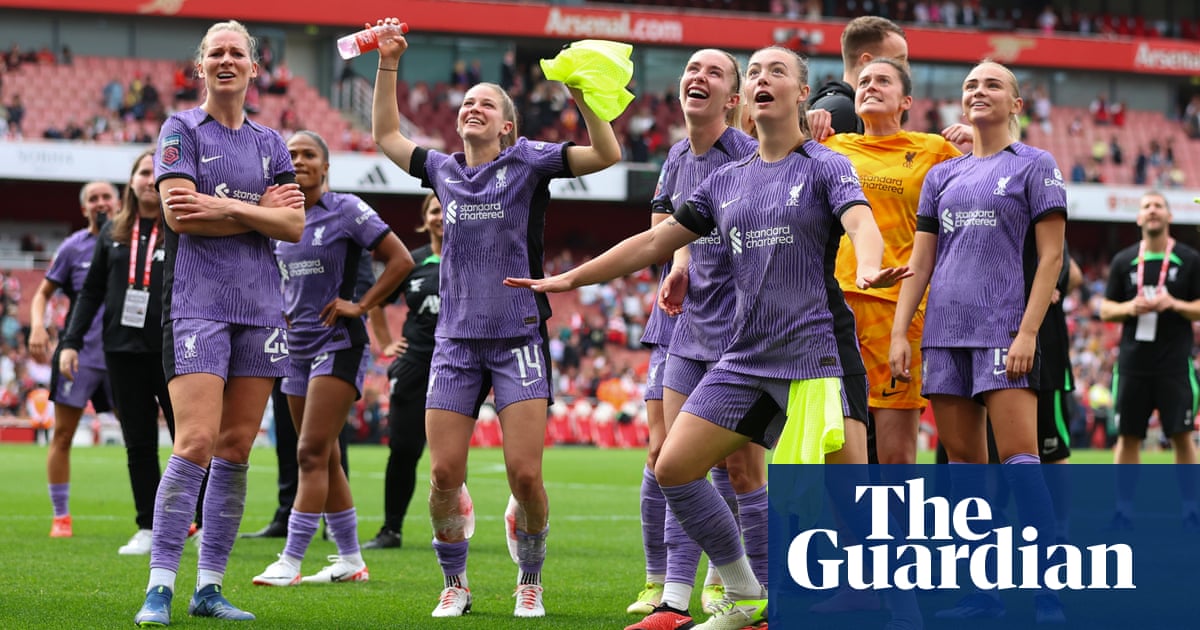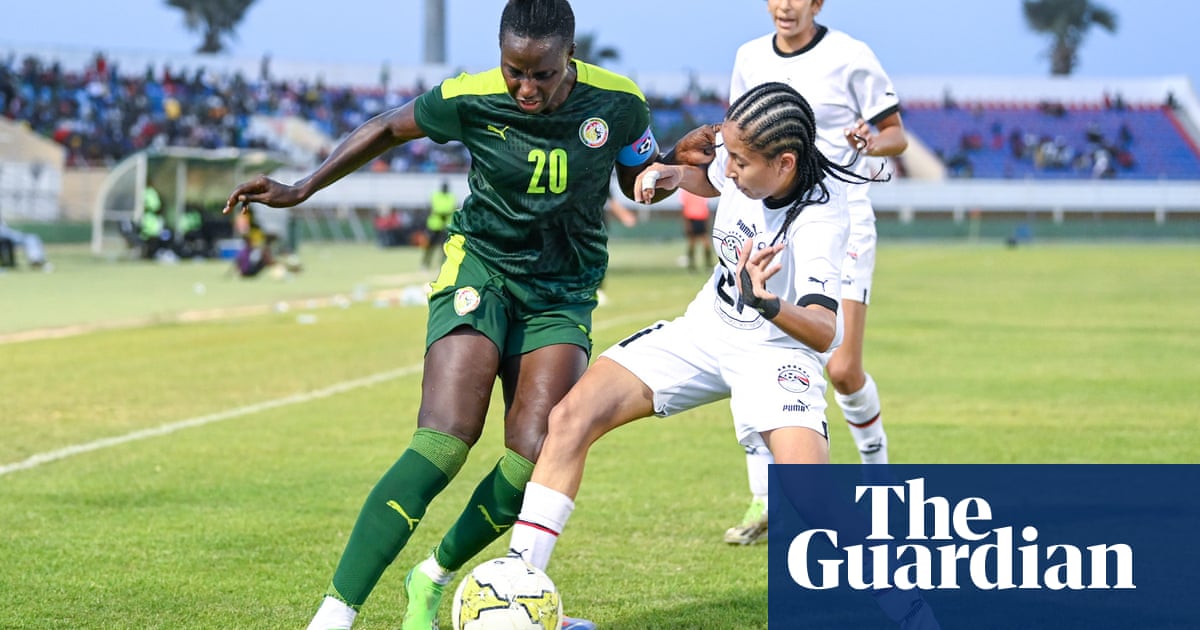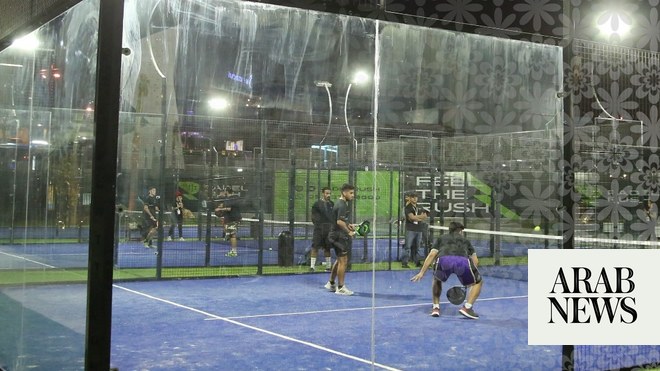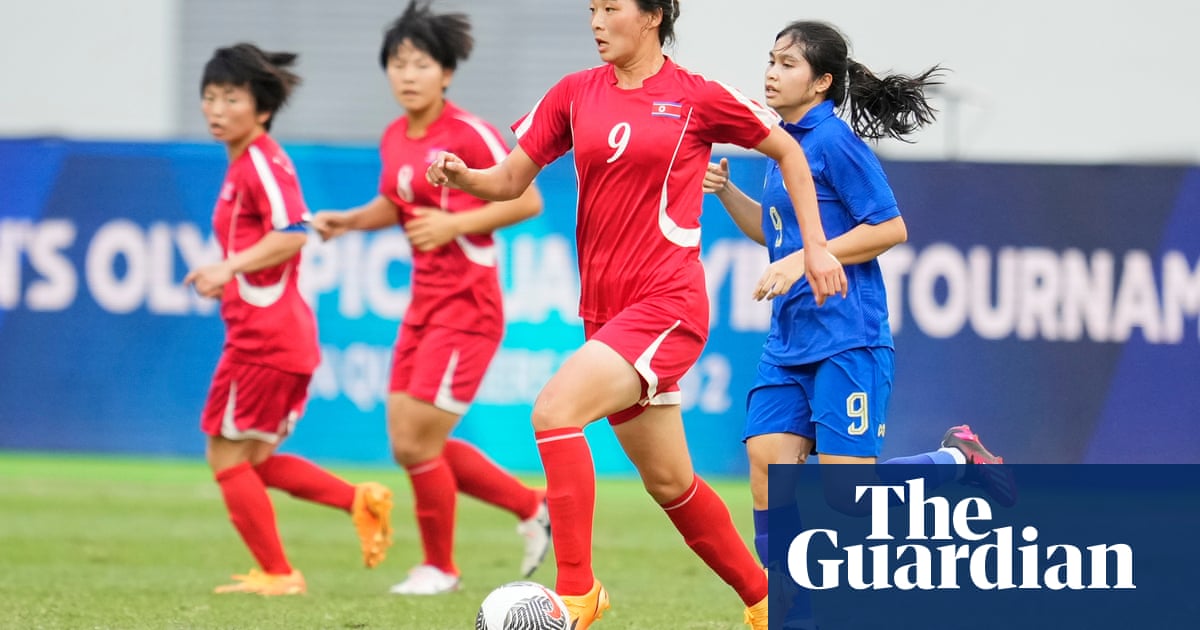
The fact that North Korea are ranked in the top 10 of the world’s best women’s football sides – higher than Brazil and Australia among others – may come as a surprise to some, but in the next week the team known as the Eastern Azaleas are attempting to cement their position as one of the best sides in the world by beating Japan in a two-legged Olympic qualification playoff to reach the 2024 Olympics in Paris.
Since returning from a four-year period of inactivity brought on by the pandemic, North Korea, or the DPRK as they are also known, have had their respectable Fifa ranking of ninth restored and are showing signs that they can become a regional powerhouse once again.
The side, in fact, boast an illustrious history and the question of how this isolationist state has fostered such a formidable sporting entity is often asked. To answer that we must examine the wider societal role women’s football has in the DPRK and what qualification to a first Olympic Games since London 2012 would mean to the nation at large.
An embodiment of national values
Hong Kong, 21 December 1989: The future supreme leader Kim Jong-il declared his admiration for the women’s football team following their international debut against China. The 4-1 loss suffered on the day did little to sway the then second-in-command’s optimism.
“We should develop women’s football. Recently, the skills of our women’s football team has improved somewhat. They may be able to win international tournaments in the near future if they keep working hard,” he said according to a book on North Korean sport called Bukan Cheyuk Jaryojip.
This was a time when the women’s game was in a worldwide state of underdevelopment. The DPRK has always struggled to make headway in men’s football and an opportunity was identified with the women’s team. Significant resources were provided and the blueprint of a North Korean team capable of delivering success on the global stage was set.
Sport remains intertwined with political agendas in North Korea. A side capable of international success is typically presented to the masses back home as a representation of the nation’s might, bolstering public morale and confidence in the ruling regime.
The approach yielded remarkable results over time. To date they have won three Asian Cups, three Asian Games and three East Asian Championships. The 2006 Under-20 Women’s World Cup win is perhaps the pinnacle of their impressive record. Success in regional competition has also allowed them to maintain a high Fifa ranking, rising to an all-time high of fifth in the mid-2000s.
Stylistically they are characterised by their physicality and tactical discipline. The highly intensive training players receive at youth level also allows for the constant harnessing of technique and football intelligence. A similarity can be drawn here between style of play and the militaristic ideals of North Korean ideology that are regularly presented to its people. It is of little wonder that the incumbent supreme leader, Kim Jong-un, appears eager to continue along these lines during a period of political and economic uncertainty.
The promising road ahead
Since returning to action their form has been eye-catching to say the least. Of the 12 games played they have won 10, drawn one and suffered only one loss, a 4-1 defeat by Japan in the 2023 Asian Games final.
Recent successes include a 4-1 win over their neighbours South Korea, a 2-1 victory against China and four matches in which they have hit double figures. The DPRK have rekindled their potency and their arrow is clearly pointing up.
The task at hand is stiff, however. Despite suffering injuries to key players Japan are able to deploy a strong squad decorated with world-class talent. A large portion of the Nadeshiko play their football in elite leagues while the entirety of the North Korean squad play domestically.
The Asian Football Federation has insisted that North Korea’s home leg is played outside the country as no flights are running between the two countries, with Jeddah in Saudi Arabia set to stage the game at short notice. Japan also face steep logistical challenges with much of their side having to endure long-haul travel. Even North Korea’s 4-1 loss at the Asian Games is caveated by the fact three of Japan’s goals arrived within the space of six minutes. This brief lapse will have been scrutinised in the post-mortem.
Japan head into the tie as favourites but the result is far from a foregone conclusion. The facts on the ground suggest that this is a DPRK side operating at full efficiency, driven by powerful underlying objectives.
Get in touch
If you have any questions or comments about any of our newsletters please email moving.goalposts@theguardian.com. And a reminder that Moving the Goalposts runs twice-weekly, with newsletters dropping each Tuesday and Thursday.





